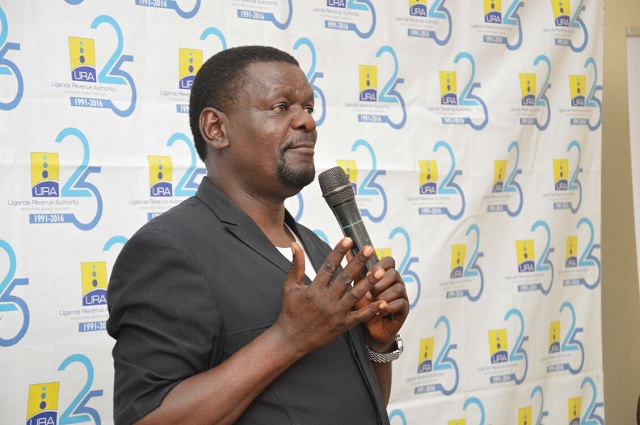In an interview on NTV’s Mwasuze Mutya program, Issa Ssekito, the spokesperson for the Kampala City Traders Association (KACITA), reflected on Uganda’s economic progress since independence, especially in the realm of business. Drawing on his wealth of experience in the trade sector, Ssekito offered a candid assessment of the country’s economic journey, calling on young entrepreneurs to embrace sustainable practices and for Uganda to better utilize its natural resources.
Ssekito emphasized the importance of adhering to standards set by the Kampala Capital City Authority (KCCA). He urged young entrepreneurs to abandon hawking practices that not only violate KCCA guidelines but also undermine the potential for long-term business success. “While several regulated markets are available, many choose to evade taxes,” Ssekito explained. “Although working from unauthorized areas may yield quick profits, being caught can result in fines that far exceed any earnings.” He highlighted the dangers of such unsustainable business models, suggesting that entrepreneurs should aim for regulated and tax-compliant avenues for the greater benefit of their businesses and the economy.
In his comparison of Uganda’s economic potential, Ssekito provided a vivid metaphor: “I would compare Uganda to a beautiful woman who doesn’t take proper care of herself.” He lamented that while Uganda is known for producing some of the best Arabica coffee in the world, much of it is exported, leaving the local market with lower-quality instant coffee. Ssekito pointed out a missed opportunity in the country’s coffee industry, where processing facilities are not set up in regions like Mbale, where coffee is predominantly grown. This, he suggested, hinders the full realization of Uganda’s comparative advantage in coffee production.
Ssekito also drew parallels between Uganda and Saudi Arabia to illustrate the country’s untapped potential. “Uganda has full potential to rely solely on her resources,” he remarked. Comparing Uganda’s wealth of rivers, lakes, forests, a favorable climate, and oil to Saudi Arabia—a desert nation with a low poverty rate—he expressed concern that Uganda’s natural resources, such as gold, are often controlled and sold by foreigners. Ssekito believes that if properly managed, Uganda could significantly reduce its dependence on foreign aid and external investments.
As Uganda continues its economic journey, Ssekito’s message to policymakers, entrepreneurs, and the general public is clear: the country must take better care of its resources, support regulated business practices, and strategically position itself to leverage its vast natural wealth for sustainable growth. His insights, delivered with conviction, serve as both a reflection on the country’s past and a call to action for its future economic prosperity.
Do you have a story in your community or an opinion to share with us: Email us at Submit an Article









